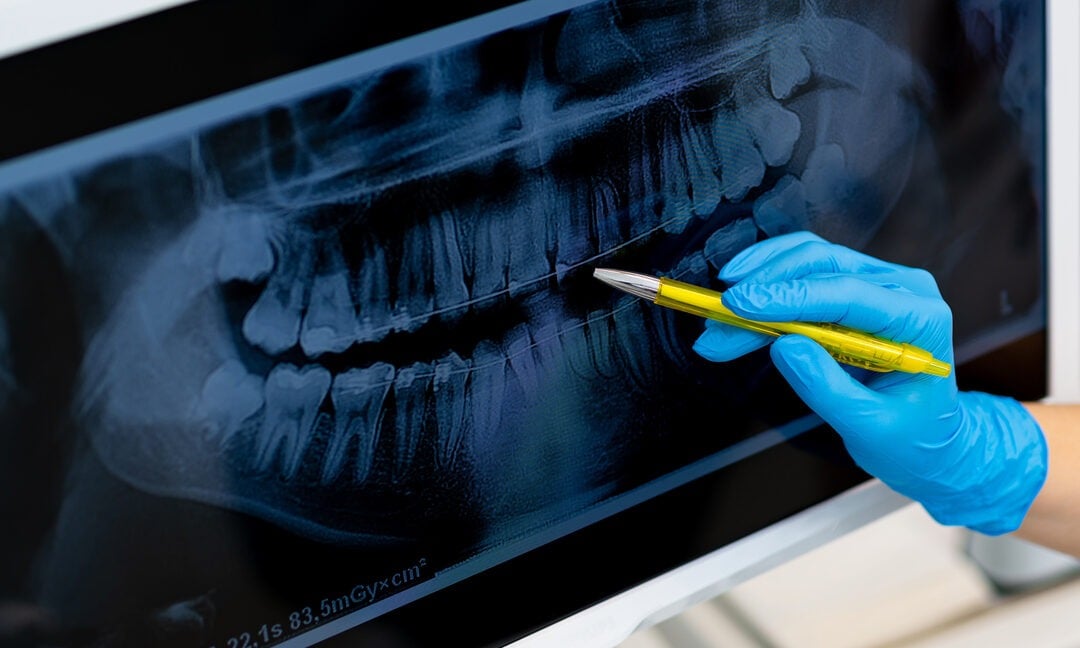Comprehending Exactly How Dental Practitioners Resolve Common Oral Wellness Issues
Dental practitioners use a multifaceted method to handle typical oral wellness problems, utilizing diagnostic strategies such as aesthetic assessments and X-rays to discover dental caries, gum illness, and tooth level of sensitivity. Emphasizing preventative treatment, dental practitioners likewise give personalized guidance on preserving dental health. How exactly do these techniques merge to make certain optimal oral wellness?
Diagnosing Dental Caries
Diagnosing dental caries involves a meticulous assessment of the teeth, making use of both aesthetic inspections and advanced diagnostic tools. Dental professionals begin with a complete visual assessment, looking for staining, visible holes, or other indicators of decay on tooth surface areas. They might use a dental mirror and explorer to detect soft areas or areas that might show demineralization.
Along with visual evaluations, dentists usually employ sophisticated analysis devices to enhance accuracy. Digital radiographs, or X-rays, are fundamental in determining tooth cavities that are not noticeable to the naked eye, such as those between teeth or underneath existing oral job. These photos give in-depth understandings right into the level and location of degeneration, permitting exact treatment planning.
Some practitioners likewise make use of laser fluorescence gadgets, which find changes in tooth make-up by determining just how much light is reflected back from the tooth surface area. This technique can identify early-stage tooth cavities that could not yet be noticeable or detectable through traditional means. Regular dental examinations and using these diagnostic methods are crucial in capturing dental caries early, consequently avoiding further decay and protecting overall dental health and wellness.
Treating Gum Tissue Disease
While finding dental caries is an important element of dental wellness, it is just as crucial to resolve periodontal illness, an additional common oral concern. Periodontal condition, or periodontal condition, is mainly brought on by the accumulation of plaque, a sticky movie of microorganisms on the teeth and periodontals. If untreated, it can progress from gingivitis, a mild kind, to periodontitis, a much more severe problem that can bring about tooth loss and systemic health and wellness concerns.
The first treatment for gum tissue illness commonly includes non-surgical methods. Scaling and root planing, a deep cleansing procedure, is generally used to remove plaque and tartar from underneath the gumline. Antibacterial medicines may also be recommended to minimize bacterial load.
For sophisticated cases, medical treatments may be needed. Treatments such as flap surgical procedure, where gum tissues are lifted back to get rid of tartar down payments, or bone and cells grafts, which intend to regenerate broken areas, are utilized to recover oral health and wellness.
Ongoing upkeep is critical in taking care of periodontal illness. Dental professionals suggest regular dental check-ups, specialist cleansings, and attentive home treatment techniques, including cleaning, flossing, and making use of disinfectant mouthwash. Early discovery and consistent administration are vital to preventing the progression of this typical yet major dental problem.
Managing Halitosis
Foul breath, additionally understood as bad breath, regularly impacts people and can be a source of significant social pain and anxiety. Dentists play a crucial role in handling this problem and detecting by identifying underlying reasons and suggesting suitable therapies.
The etiology of bad breath is multifactorial, with bad oral hygiene being a main factor. Microbial plaque build-up on the teeth and tongue, food fragments, and completely dry mouth prevail offenders. dentist eugene oregon. Dental experts commonly begin monitoring by recommending people on efficient dental health techniques, including routine brushing, flossing, and the usage of antiseptic mouthwashes

Furthermore, lifestyle and nutritional factors, such as tobacco usage and intake of certain foods, may worsen foul breath. Dental professionals provide customized suggestions on dietary adjustments and cessation of unsafe behaviors. Partnership with other health care suppliers might also be warranted if systemic conditions, such as food poisonings or respiratory system image source infections, are presumed factors to halitosis.
Resolving Tooth Level Of Sensitivity
Dealing with oral wellness expands beyond taking care of foul-smelling breath to consist of conditions like tooth level of sensitivity, which can significantly impact life. Tooth level of sensitivity, identified by pain or discomfort in reaction to stimuli such as warm, cold, pleasant, or acidic foods and beverages, typically results from subjected dentin or declining periodontals. Dental practitioners use a multifaceted strategy to mitigate this problem and handle.
First, a comprehensive assessment is vital to identify the underlying cause, which might vary from enamel erosion to gingival recession. Based on the medical diagnosis, treatment can involve desensitizing representatives like fluoride gels or varnishes, which enhance tooth enamel and decrease sensitivity. In addition, dental experts might advise specifically created tooth paste for sensitive teeth, consisting of compounds like potassium nitrate or stannous fluoride to block pain signals.

Preventive Dental Treatment
Identifying the importance of preventive dental care is vital for preserving long-term dental health and wellness. Preventive treatment includes a range of practices intended at stopping the beginning of dental diseases and conditions. Routine dental exams, normally recommended every six months, are basic to this method. Throughout these check outs, dentists do comprehensive cleansings, getting rid of plaque and tartar that are beyond the reach of regular cleaning and flossing.
Furthermore, preventive care consists of the application of fluoride therapies and dental sealers, which give an extra layer of security versus tooth decay. Fluoride enhances the enamel, making it extra immune to acid assaults, while sealants function as a barrier on the chewing surfaces of the back teeth, where degeneration usually begins.
Education and learning is a considerable part of see here preventative oral treatment. Dental practitioners and hygienists enlighten clients on correct cleaning and flossing techniques, the value of a balanced diet plan, and the influence of way of life choices such as cigarette smoking and sugar intake on oral health.
Conclusion

Dental click for more info practitioners employ a multifaceted strategy to handle typical oral wellness problems, using diagnostic methods such as aesthetic inspections and X-rays to spot dental caries, gum tissue illness, and tooth sensitivity.While identifying tooth cavities is a crucial facet of oral health, it is similarly vital to resolve gum disease, an additional widespread oral issue. dentist eugene oregon. Dental practitioners may carry out a detailed oral assessment to recognize possible concerns such as periodontal disease, dental caries, or dental infections. By dealing with tooth level of sensitivity thoroughly, dental practitioners help patients achieve greater comfort and preserve optimum oral health
Highlighting precautionary care and customized suggestions, dental professionals play a vital duty in keeping optimum oral health and wellness and minimizing lifestyle-related dental problems.